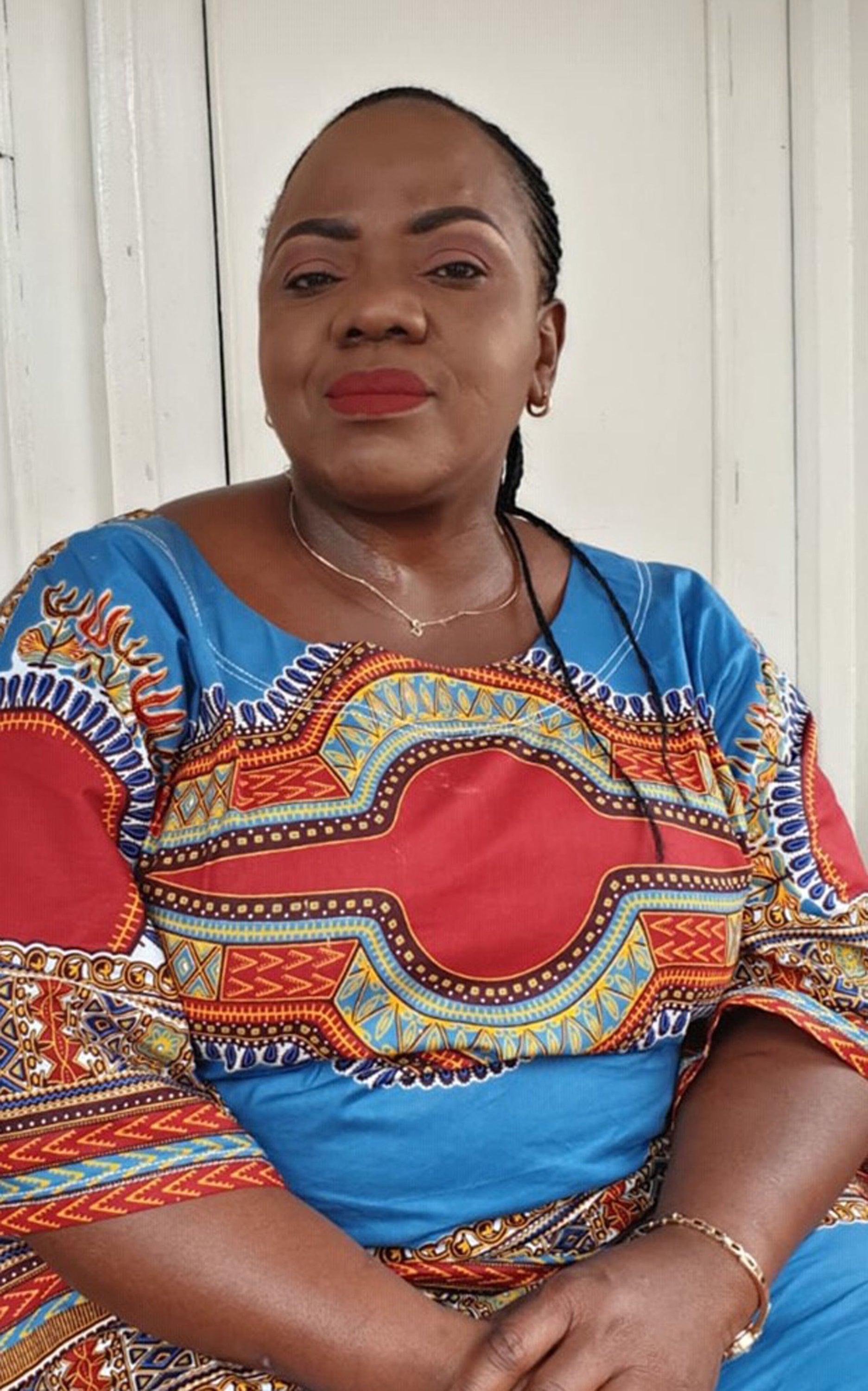Spitting incident will not form part of inquest into railway worker’s death
Belly Mujinga died in April 2020 of breathing difficulties days after being spat at by a passenger at London’s Victoria Station.

Your support helps us to tell the story
From reproductive rights to climate change to Big Tech, The Independent is on the ground when the story is developing. Whether it's investigating the financials of Elon Musk's pro-Trump PAC or producing our latest documentary, 'The A Word', which shines a light on the American women fighting for reproductive rights, we know how important it is to parse out the facts from the messaging.
At such a critical moment in US history, we need reporters on the ground. Your donation allows us to keep sending journalists to speak to both sides of the story.
The Independent is trusted by Americans across the entire political spectrum. And unlike many other quality news outlets, we choose not to lock Americans out of our reporting and analysis with paywalls. We believe quality journalism should be available to everyone, paid for by those who can afford it.
Your support makes all the difference.The inquest into the death of railway worker Belly Mujinga during the early days of the coronavirus pandemic will no longer look at whether she was infected by a passenger who allegedly spat at her.
A pre-inquest hearing on Friday heard the behaviour of the 57-year-old male passenger, known only as “AB”, will not form part of the scope into Ms Mujinga’s death.
Instead, the inquest will look at whether the married mother-of-one should have been shielding at the time, due to underlying health issues which her family said placed her in the “vulnerable” category.
Her inquest is expected to resume next month.
Ms Mujinga, 47, died on April 5 2020, having been admitted to hospital days earlier with breathing difficulties.
She was allegedly spat at by AB during a confrontation on the concourse of London’s Victoria station on March 21, two days before the nationwide lockdown, and nearly a week after the Prime Minister told the public to “stop non-essential contact and travel”.
Barnet Coroner’s Court previously heard the inquest would be unlikely to find out how the infection occurred, but that it may be possible to discover where Ms Mujinga was infected – potentially on her way to work, or at work.
British Transport Police interviewed AB over the incident but said there was not enough evidence to prove a crime had been committed. He subsequently returned a negative covid test, having allegedly told Ms Mujinga he was infected at the time of the confrontation.
On Friday, senior coroner Andrew Walker told a pre-inquest review that it was “no longer necessary for AB to form part of the inquest”.
He said medical experts would be asked to assess whether Ms Mujinga should have been shielding at the time due to her “medical condition”.
Elaine Banton, for Ms Mujinga’s family, replied: “Belly Mujinga was a disabled employee – there may have been missed opportunities to protect her.”
Ms Banton said she understood that AB’s conduct was outside the scope of the inquest.
The coroner dismissed an application from the family to delay the inquest until the conclusion of the Covid-19 public inquiry, on the basis that it was unlikely the hearings would offer any information useful to determine the circumstances of Ms Mujinga’s death.
The next administrative hearing will take place on June 21, with the inquest proper expected to resume either on June 27, or be put off until the winter.
Mrs Mujinga’s husband, Lusamba Gode Katalay, and daughter, Ingrid, were two of only 10 people permitted at her funeral due to coronavirus restrictions in place at the time.
Her death prompted an outpouring of grief and a demand for answers about what happened.